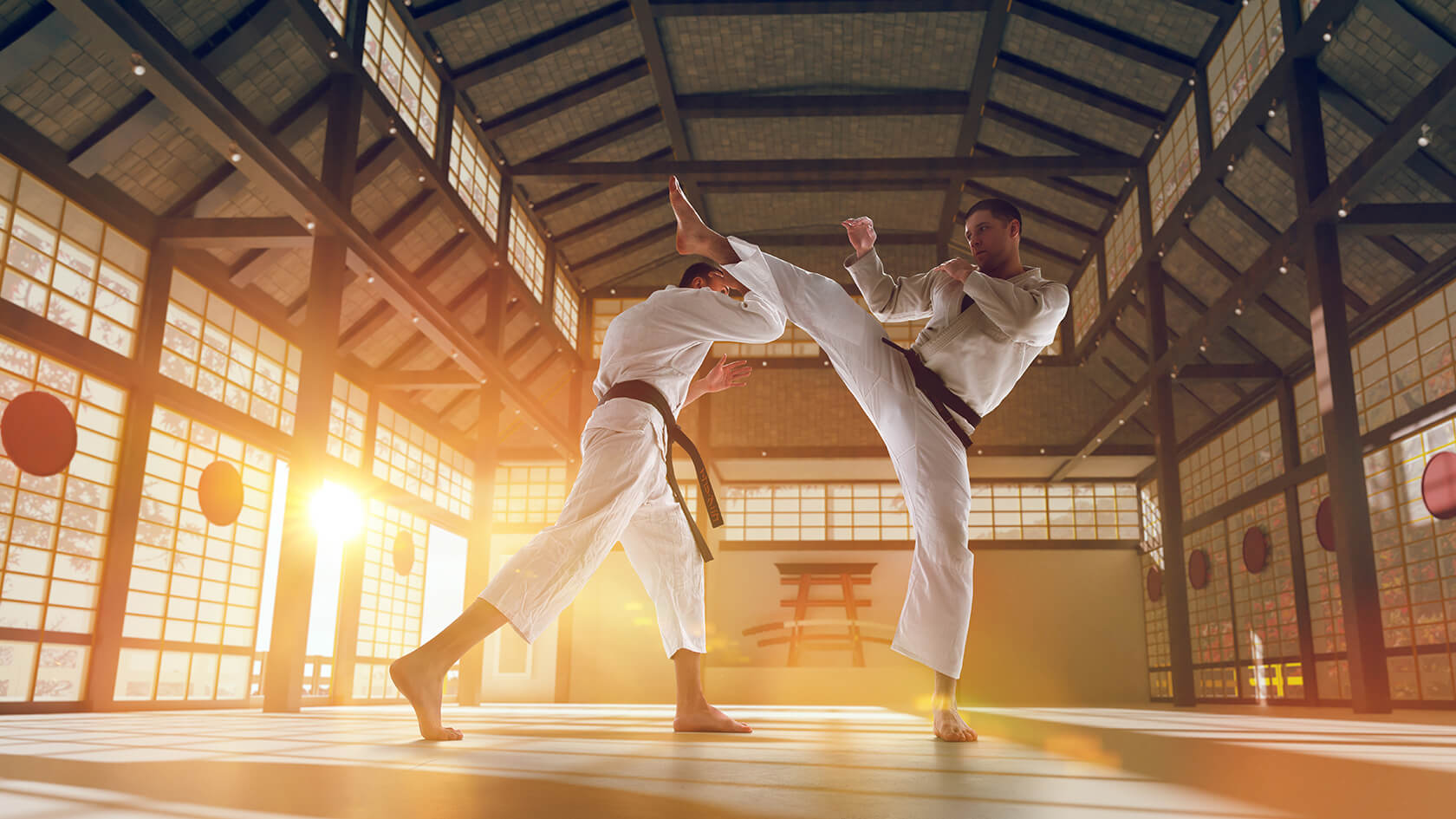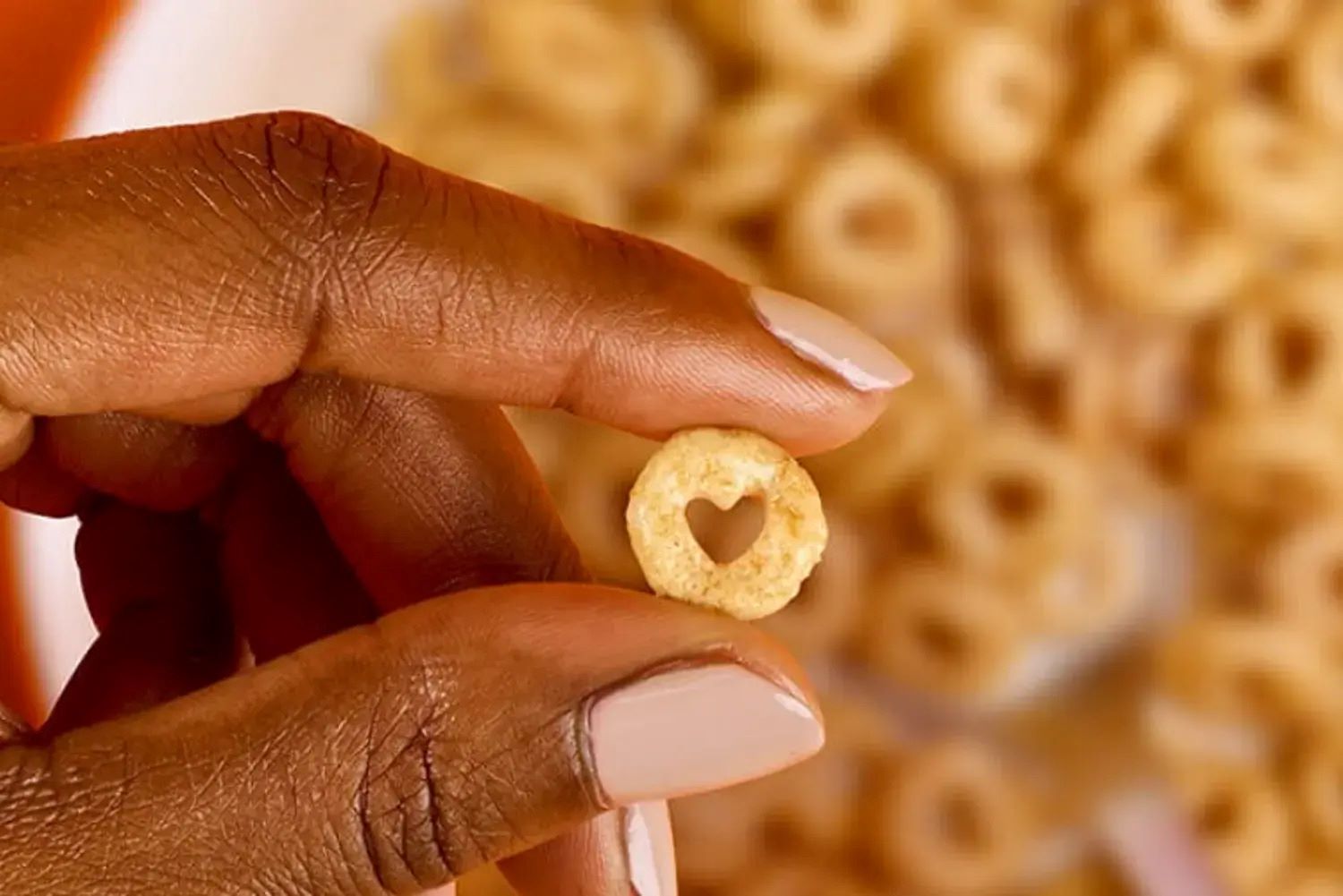
Martial arts is a fascinating and ancient practice that has captivated people’s attention for centuries. It encompasses a wide range of disciplines, each with its own unique set of techniques and philosophies. From the disciplined movements of karate to the graceful flow of kung fu, martial arts offers not only physical strength and self-defense skills but also a profound understanding of self-control, discipline, and respect.
With its roots deeply embedded in different cultures around the world, martial arts has evolved into a revered art form and a way of life for many practitioners. In this article, we will delve into 11 extraordinary facts about martial arts that will pique your interest and shed light on the rich history and significance of these ancient practices. So, get ready to be amazed by the origins, spiritual aspects, and impressive feats achieved through the world of martial arts.
Key Takeaways:
- Martial arts is more than just fighting; it’s about self-control, respect, and inner peace. It promotes physical and mental well-being, offering benefits for people of all ages.
- Martial arts is a lifelong journey of self-improvement, requiring dedication and continuous learning. It champions discipline, self-control, and empowers individuals with effective self-defense skills.
The Origin of Martial arts dates back over 4000 years
Martial arts can be traced back to ancient civilizations in Asia, with roots in China, India, and Japan. The practice of martial arts was initially developed as a means of self-defense and combat training.
There are various styles of Martial arts
From Brazilian Jiu-Jitsu to Muay Thai, Taekwondo to Karate, martial arts encompasses a wide range of styles and disciplines. Each style has its unique techniques, strategies, and philosophies.
Martial arts promotes physical and mental well-being
Engaging in martial arts not only improves physical strength, flexibility, and endurance but also enhances mental focus and discipline. It provides a holistic approach to personal development.
Martial arts is more than just fighting
Contrary to popular belief, martial arts is not solely about combat and aggression. It emphasizes self-control, respect for others, and the cultivation of inner peace.
Martial arts can be practiced by people of all ages
Whether you are a child, teenager, adult, or senior citizen, martial arts offers benefits for people of all ages. It is never too early or late to start training and reaping the rewards.
Martial arts is deeply rooted in philosophy and tradition
Martial arts is not just a physical activity. It incorporates ancient philosophies, such as the principles of balance, harmony, and respect, which are deeply ingrained in its teachings.
Martial arts champions discipline and self-control
To excel in martial arts, practitioners must develop discipline and self-control. These qualities extend beyond the training mat and can positively impact various aspects of one’s life.
Martial arts is a competitive sport
Many martial arts have evolved into competitive sports, with tournaments and championships held worldwide. These events showcase the skill, technique, and athleticism of practitioners.
Martial arts movies have gained worldwide popularity
From Bruce Lee’s iconic martial arts films to the recent success of “Ip Man,” martial arts movies have captivated audiences around the globe. They showcase the artistry and excitement of martial arts on the big screen.
Martial arts promotes self-defense skills
One of the primary purposes of martial arts is to equip individuals with effective self-defense techniques. It empowers individuals to protect themselves and others in potentially dangerous situations.
Martial arts is a lifelong journey
Martial arts is not a destination but a lifelong journey of self-improvement. It requires dedication, commitment, and continuous learning to progress and reach new levels of proficiency.
Conclusion
In conclusion, martial arts is a fascinating and diverse discipline that offers numerous benefits both physically and mentally. Whether you’re interested in self-defense, fitness, or cultural exploration, martial arts has something to offer everyone. From its ancient origins to its modern-day popularity, martial arts continues to captivate and inspire people all over the world.By practicing martial arts, individuals can enhance their strength, flexibility, and coordination while also improving their discipline and focus. It promotes a sense of self-confidence and self-defense skills, empowering individuals to protect themselves and others if necessary. Moreover, martial arts provides a way to connect with different cultures, traditions, and philosophies, fostering a sense of respect and understanding.So, whether you’re interested in learning a new skill, getting fit, or immersing yourself in a rich cultural heritage, martial arts is a remarkable journey worth embarking on. So take the first step and experience the extraordinary world of martial arts for yourself.
FAQs
1. What are the different types of martial arts?
There are various types of martial arts, including karate, taekwondo, judo, kung fu, Brazilian jiu-jitsu, Muay Thai, and many more. Each discipline has its own unique techniques, philosophies, and training methods.
2. Can anyone practice martial arts?
Yes, martial arts is suitable for people of all ages and fitness levels. Whether you’re a beginner or have previous experience, there are classes and training programs available to meet your needs.
3. Are martial arts just about fighting?
No, martial arts encompasses much more than just fighting. It promotes self-discipline, respect, and personal development. It focuses on mental and physical training, improving focus, confidence, and overall well-being.
4. Is martial arts only for self-defense?
While martial arts teaches self-defense techniques, it also provides an opportunity for personal growth, fitness, and stress relief. Many people practice martial arts as a way to improve their physical and mental health.
5. How long does it take to master martial arts?
The duration to master martial arts varies depending on the style and individual’s commitment to training. It can take several years of regular practice and dedication to achieve a high level of proficiency.
6. Can martial arts be dangerous?
Like any physical activity, there is a risk of injury in martial arts. However, with proper training, supervision, and adherence to safety precautions, the risk can be minimized. It’s essential to train under qualified instructors and follow proper techniques.
7. Can I practice martial arts as a form of exercise?
Absolutely! Martial arts provides an excellent workout, combining cardiovascular exercise, strength training, and flexibility. It can help improve endurance, agility, and overall fitness.
Martial arts offer a wealth of benefits and fascinating history. From the ancient origins to modern-day practices, martial arts continue to captivate enthusiasts worldwide. Delving deeper into specific styles like Karate, Judo, and Taekwondo reveals even more astonishing facts that showcase the richness of these disciplines. Hapkido, another prominent martial art, boasts its own set of intriguing aspects waiting to be explored. For those particularly interested in Karate, a closer look unveils a treasure trove of knowledge about this widely practiced and respected art form.
Was this page helpful?
Our commitment to delivering trustworthy and engaging content is at the heart of what we do. Each fact on our site is contributed by real users like you, bringing a wealth of diverse insights and information. To ensure the highest standards of accuracy and reliability, our dedicated editors meticulously review each submission. This process guarantees that the facts we share are not only fascinating but also credible. Trust in our commitment to quality and authenticity as you explore and learn with us.


